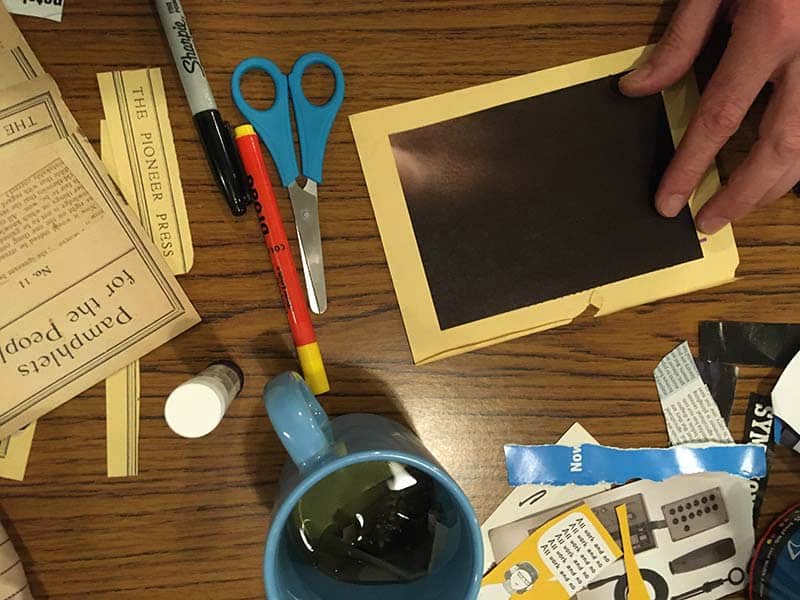For many artist studios are an important part of working life. This article considers the role of the studio in an artists career.

Studios and the organisations that run them come in different shapes and sizes. There is also great variation in what they provide. Some offer shared workspace, have communal areas or even exhibition spaces and workshop facilities for their residents. Others might only offer a quiet space to work space to work in.
It’s important to think about what is right for your circumstances and practice.
Does an artist need a studio?
Is it important to have your own studio as an artist? When is a studio a necessity for an artist and when it is luxury?
Having a studio could be useful because
- they provide a space to work and think
- they can connect you to a community of artists
- they can provide a sense of professional validation
- some studios provide benefits like public open studios or events for their artists
But it is important to consider
- studios can be expensive
- for a studio to be worthwhile you have to have time to use it
- you have to be proactive about building relationships with the community of artists there
- much contemporary practice that doesn’t result in the production of objects might not have the same need for a production space
This Prezi explores the contexts that we work in as 21st century artists – given that studios are often expensive places to run, what might the alternatives be? If you really need to have a studio, what are your options?
These talks consider the pros and cons of having a studio. They include presentations by Duncan Smith of ACAVA and artist Laura Eldret.
Finding a studio
Artquest has listings of studio providers and studio networks in our art directory. But there are other ways of finding studio spaces covered in the presentations below.
